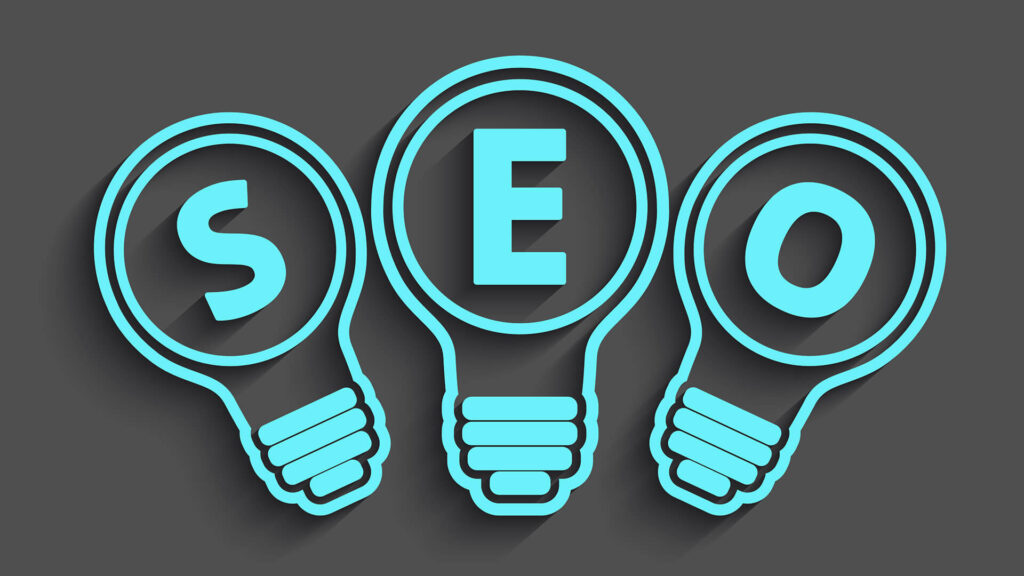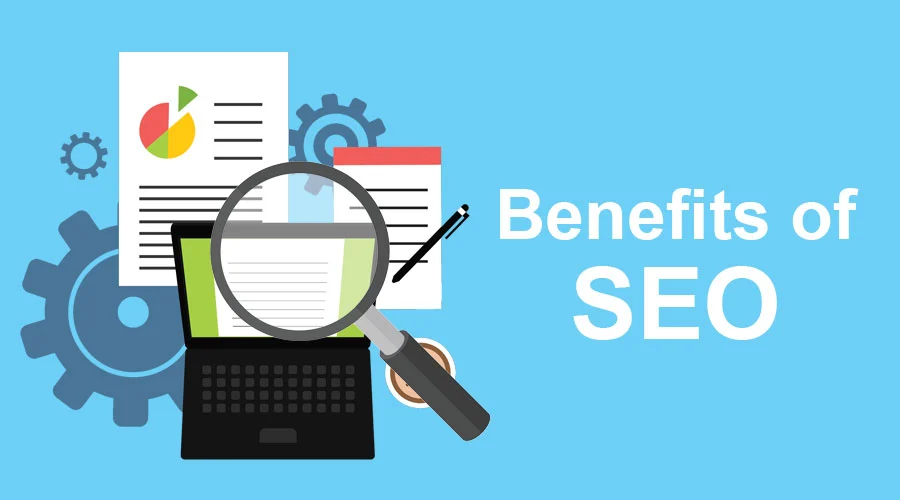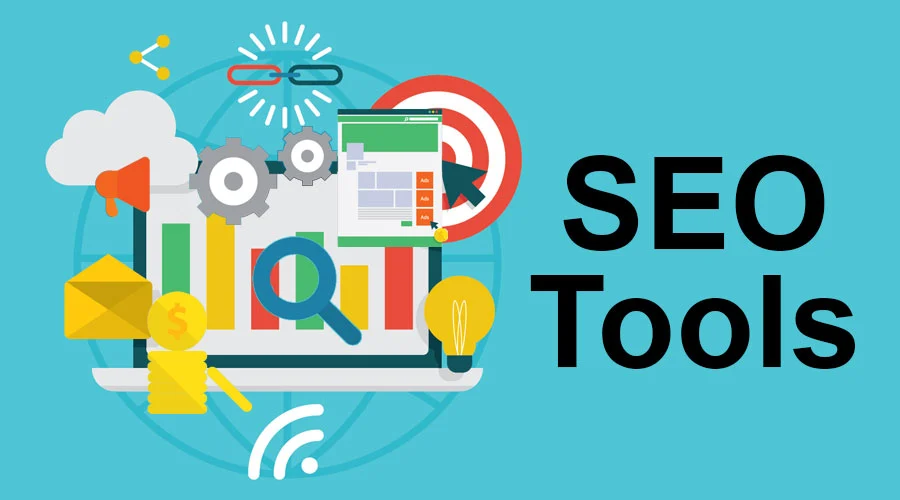
What is SEO?
SEO stands for Search Engine Optimization. In search engine results pages (SERPs) like Google, Bing, or Yahoo, it is a digital marketing tactic used to increase a website’s exposure and ranking.
Increasing a website’s authority and relevance in the eyes of search engines is the goal of SEO in order to generate organic (unpaid) traffic to the site. This is achieved by optimizing various on-page and off-page elements, such as the website’s content, meta tags, backlinks, user experience, and mobile-friendliness.
It involves both technical and creative aspects, including keyword research, website audit, content optimization, link building, and analytics tracking. By implementing effective SEO practices, businesses can drive more qualified traffic to their website, generate more leads and conversions, and ultimately grow their online presence and revenue.
Benefits of SEO

Search Engine Optimization (SEO) has several benefits for businesses and website owners who want to improve their online presence. Here are a few of the main benefits of SEO:
1. Increased visibility and traffic
By optimizing your website for search engines, you can improve its visibility in search results and attract more organic traffic to your website.
2. Better user experience
It involves optimizing your website’s design, content, and structure to make it more user-friendly and easier to navigate. This may improve the way visitors engage with your website.
3. Cost-effective
Unlike other forms of online advertising, such as pay-per-click (PPC) advertising, SEO can be a cost-effective way to drive traffic to your website. Once you have optimized your website, you can continue to attract organic traffic without additional costs.
4. Long-lasting results
While some forms of online advertising may provide immediate results, such as increased traffic or sales, the effects can be short-lived. With SEO, however, the benefits can be long-lasting and continue to provide value over time.
5. Improved brand credibility and authority
By appearing at the top of search results for relevant keywords, your website can improve its credibility and authority in the eyes of users and search engines.
6. Higher conversion rates
By attracting more targeted traffic to your website and improving the user experience, you can increase the likelihood that visitors will convert into customers or take other desired actions on your website.
Top SEO Tools

Here are some of the top SEO tools that can help with optimizing your website:
1. Google Analytics
This free tool provides website traffic data and insights, including where your visitors are coming from, how long they stay on your site, and which pages they visit.
2. Google Search Console
This free tool from Google provides insights into how your website is performing in search results, including the keywords that drive traffic to your site, any errors that need to be fixed, and suggestions for improvements.
3. SEMrush
This all-in-one SEO tool offers a wide range of features, including keyword research, site audits, backlink analysis, and competitor analysis.
4. Ahrefs
This tool offers a comprehensive backlink analysis, keyword research, and competitor analysis, as well as rank tracking and site audits.
5. Moz Pro
This suite of SEO tools includes keyword research, site audits, backlink analysis, and rank tracking, as well as a range of other features to help optimize your website.
6. Yoast SEO
This popular WordPress plugin helps to optimize website content for search engines, providing real-time feedback and suggestions for improvements.
7. Screaming Frog
This desktop-based tool is used for website crawling and site audits, providing insights into site structure, errors, and opportunities for optimization.
Types of SEO

- On-Page SEO
- Off-Page SEO
- Technical SEO
On-Page SEO
On-page SEO involves optimizing the content and structure of individual pages on a website to make them more search engine-friendly. This includes optimizing the title tags, meta descriptions, header tags, and other on-page elements for relevant keywords, as well as ensuring that the content is high-quality, relevant, and engaging.
On-Page SEO Factors
- Keyword optimization
- Content optimization
- Title tag optimization
- Meta description optimization
- Header tag optimization
- Image optimization
- Internal linking
Off-Page SEO
Off-page SEO refers to activities that are performed outside of a website to improve its visibility and authority. This includes building high-quality backlinks from other websites, social media marketing, guest blogging, and other tactics that help to improve a website’s reputation and relevance in the eyes of search engines.
Off-Page SEO Factors
- Backlinks
- Social media
- Online directories
- Influencer outreach
- Content marketing
- Brand mentions
- Reviews
Technical SEO
Technical SEO involves optimizing the technical infrastructure of a website to improve its search engine visibility. This includes optimizing the site’s navigation, site architecture, URL structure, site speed, mobile-friendliness, and other technical factors that affect a website’s ranking in search results.
Technical SEO Factors
- Website speed
- Crawlability
- Indexability
- Mobile-friendliness
- Site architecture
FAQ
Q: What are title tags and meta descriptions?
A: Title tags and meta descriptions are HTML elements that provide information about a webpage to search engines and users. The title tag is displayed as the headline on search engine results pages, while the meta description is a brief summary of the content on the page.
Q: What are website speed and performance optimization?
A: Website speed and performance optimization involve improving the loading speed of a website and making sure it is easy to navigate and use. This can involve techniques such as optimizing images, minimizing code, and using content delivery networks (CDNs).
Q: What is website content optimization?
A: Website content optimization involves creating high-quality, relevant, and engaging content for a website that targets specific keywords and phrases. This can involve optimizing headings, images, and other elements on the page to make them more search engine-friendly.
Q: What are backlinks?
A: Backlinks are links from other websites that point to a particular website or webpage. The authority and ranking of a website in search engine results pages are significantly influenced by various factors. For instance, the quality and relevance of the website’s content, as well as its user-friendliness and loading speed, all play a crucial role in determining its position on search engine result pages.



One Comment